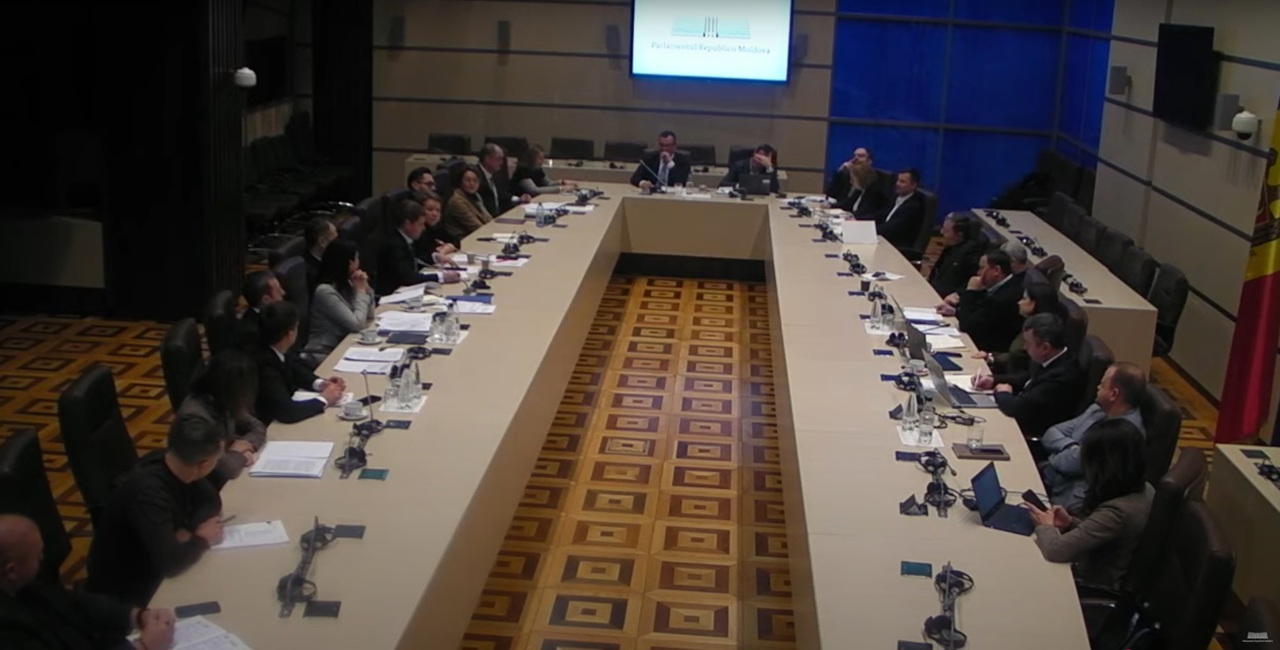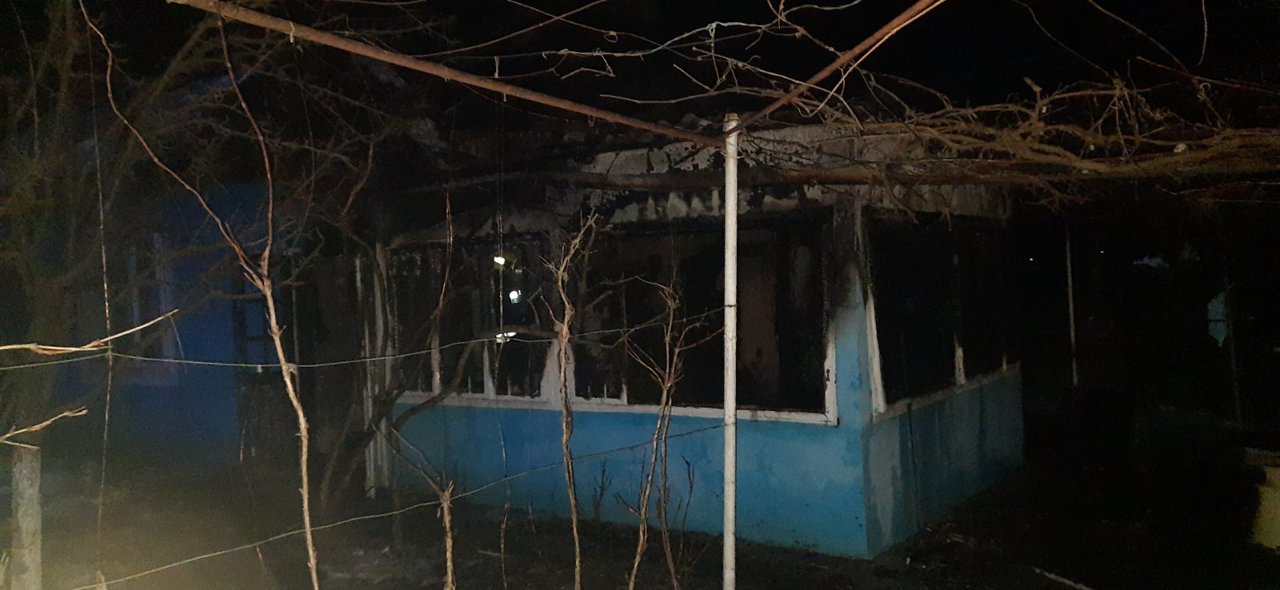Set up of PACCO - a necessary reform or a risky step for justice. Parliament organizes a new round of public consultations
The set-up of the new specialized prosecutor's office raises major concerns among law enforcement institutions and experts in our country, especially regarding the transfer of files and personnel. During the second round of hearings on the project to create the Anti-Corruption and Organized Crime Prosecutor's Office (PACCO), representatives of the Ministry of Justice, the Superior Council of Prosecutors (CSP), the PA and the PCCOCS drew attention to the risks involved and proposed several solutions to avoid potential blockages.

The Secretary of State within the Ministry of Justice, Stanislav Copețchi, emphasized that the transmission of files from the current specialized prosecutor's offices to the new institution must be an extremely rigorous process, because there is a risk of compromising ongoing investigations.
"Very close attention must be paid to this process because the accuracy of this process could imply certain consequences, including information leaks, destruction of evidence, corpus delicti, in many files special investigative measures have been taken, there are state secrets, bank secrets, which in the transmission process would imply risks of destruction, loss, distortion of information" stated Copețchi.
Another proposal of the Ministry of Justice is to exclude the Prosecutor General's Office as an intermediary in this process to reduce potential risks, and as for personnel, the institution recommends continuing the vetting process and appointing to the new prosecutor's office only those who have passed this integrity test.
The liquidation of the Anti-Corruption Prosecutor's Office (PA) and the Prosecutor's Office for Combating Organized Crime and Special Cases (PCCOCS) and the creation of the new PACCO prosecutor's office is supported by the CSP, but with certain changes compared to the initial project.
"The variant proposed by us would involve the uninterrupted transfer of all prosecutors from both prosecutor's offices to the newly created prosecutor's office, the continuation of the activity and the maintenance of the files under investigation. This variant comes to avoid possible blockages in the trial of criminal cases under management as well as to ensure respect for the rights of prosecutors", declared Mariana Cherpec, member of the CSP.
Also, the institution proposes to review the competencies of these specialized prosecutor's offices, so that the newly created prosecutor's office would focus on combating high-level corruption, combating organized crime and investigating cases that threaten state security, and depending on the competences, it is also proposed to review the staffing levels.
The CSP also insists on accelerating the vetting, proposing that, in addition to verifying ethical and financial integrity, an evaluation of the performance of these prosecutors be initiated in terms of competences and efficiency.
On the other hand, the institutions targeted in this process, the PA and the PCCOCS, stated that the draft law, already voted on in the first reading, generates concerns among prosecutors and creates uncertainty regarding their professional future.
"I do not consider it realistic to have a functional prosecutor's office within a few months, elementary with studying criminal cases, establishing the organizational chart, establishing competencies, these are technical issues that are not covered, but they require a lot of preparation and time", declared Victor Furtună, head of the PCOCS.
Octavian Iachimovschi, the interim deputy of the Anticorruption Prosecutor's Office, emphasized that "everyone is afraid of the transmission of files, but the real problem is the quality of the investigations, which will be radically affected." He also criticized the practice of mass delegation of prosecutors, considering it ineffective.
"Mass delegation of prosecutors has never worked. New prosecutors come who have no idea what files they have to investigate and things simply stagnate. In six months, even in violation of the labor code, a delegation does not solve the problem. Creating a new prosecutor's office cannot ensure immediate functionality just by appointing a chief prosecutor. At least 60-70 prosecutors are needed for the institution to be operational. Only then can we discuss the transfer of hundreds or even thousands of files from other structures, to maintain the efficiency of criminal prosecution," Iachimovschi noted.
The project raises constitutional issues and affects the predictability of the judicial system, experts argue. In their opinion, "it is inopportune for this project to be promoted further."
"We do not support this project for several important reasons: in our opinion, the project brings certain violations to certain principles of lawmaking activity. The project raises issues of constitutionality, respect for fundamental rights and freedoms, stability and predictability. The project requires additional substantiation, because a possible merger of prosecutors' offices and a possible establishment of another could be hypothetically justified only if statistics were presented in the last five years that would prove that corruption crimes, a good part of them, are committed by organized criminal groups", explained Mariana Calughin, expert at the Center for Analysis and Prevention of Corruption.
The chairperson of the parliamentary committee, Veronica Rosca, assured that the legislative process will not be rushed and that the next round of consultations will take place only after the development of a new draft amendment, based on the opinions received from state institutions.
“We appreciate every opinion expressed and we will have a preliminary discussion before registering the amendment”, Rosca said.
We recall that the draft law on the creation of the Anti-Corruption and Organized Crime Prosecutor’s Office (PACCO) was approved in the first reading, on January 20, only a week after its registration in Parliament. The project was supported by 61 deputies of the majority of the Action and Solidarity Party (PAS), the opposition voting against.
The draft law on the creation of the Anti-Corruption Prosecutor's Office and the Fight against Organized Crime, a specialized institution designed to combat corruption, organized crime, terrorism and torture, was registered in Parliament on January 12.
The initiative to merge the PA and the PCCOCS was announced by the Minister of Justice, Veronica Mihailov-Moraru, on January 29.





